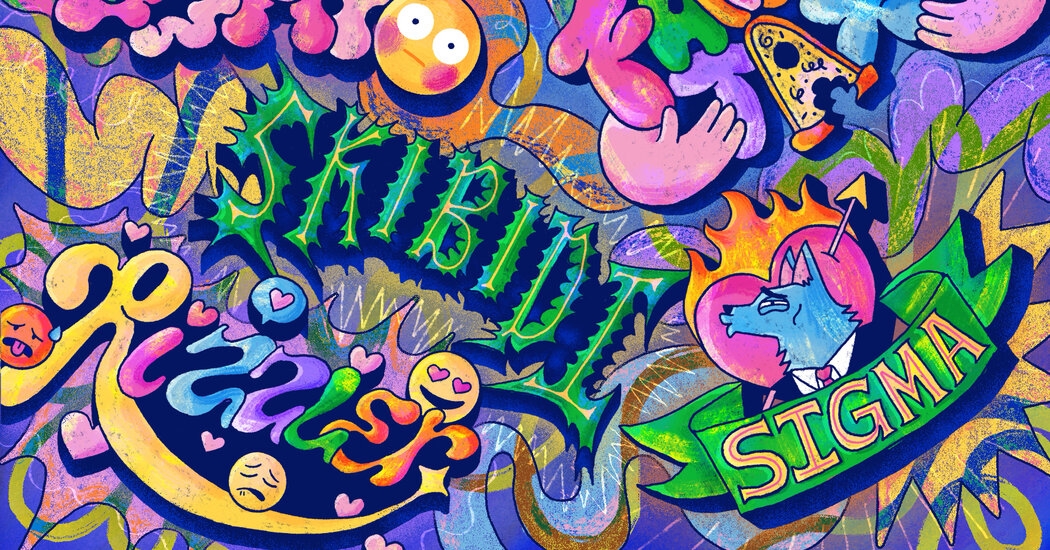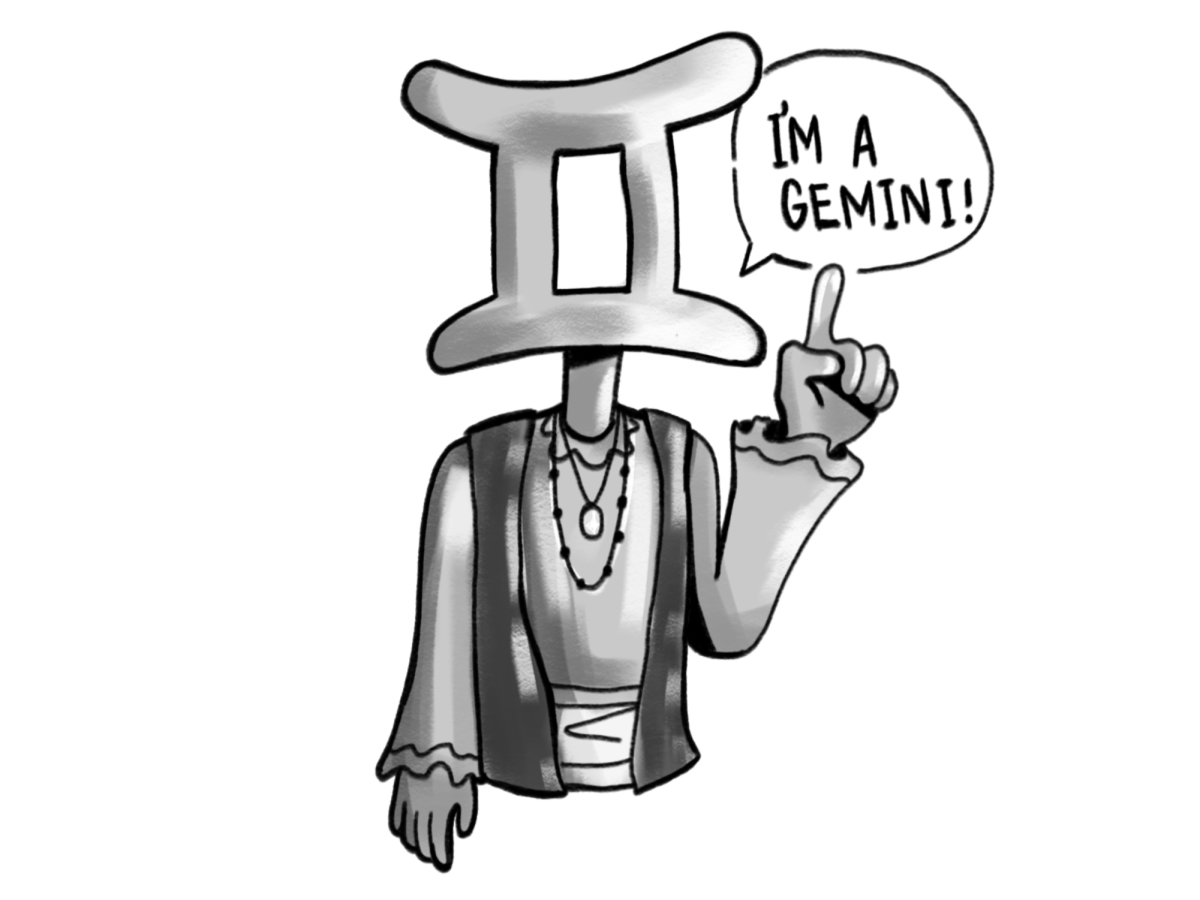Every generation has its cultural staples. Generation X had Micheal Jackson and The Simpsons, millennials had Harry Potter and the Spice Girls, and the beloved Gen Z which we CHS students belong to had Fortnite and everything that Fortnite influenced… which is everything else. Unfortunately, the upcoming generation has found a staple of seeming stupidity; legitimate claims from neuroscientists who have found reduced attention spans in upcoming generations have only reinforced the common Internet sentiment that Generation Alpha is doomed from the get-go. And it seems to trace back to one thing: how they talk. Yesterday’s “G.O.A.T” has become tomorrow’s “sigma”, but this new word among the likes of “rizz” and “gyatt” becoming defaults in the vocabulary of younger people has garnered a negative reputation among older generations who see their slang as superior. And while we must agree that paying a “fanum tax” shouldn’t start to take priority over paying actual taxes, it is hard to condemn the new lineup of Generation Alpha when it just represents history repeating itself. Every generation grew up with pop culture and this is nothing new, so the condemnation of younger people for adopting slang like this is not just uncalled for but also frankly hypocritical.
The most important thing to recognize is that every generation has had their language shaped by the movies and music and general culture that they are force-fed. With films like “Star Wars” and “Pulp Fiction” becoming endlessly quotable and popular, children of Generation X began the trend of speaking in culture—an act which Generation Alpha has just reciprocated with the quotable works of their time. Take for example, the infamous “fanum tax”, a phrase used by the most recent generation describing the act of stealing someone’s food; though a completely impractical phrase which will almost never get brought up in passing conversation unless somebody is particularly hungry, but one that was popularized all the same because of our media. Specifically, celebrity content creator Kai Cenat often finds his own food stolen during live-streamed videos by his friend and fellow content creator Fanum, even going so far as to knock down a boarded-up door to enter Kai’s room and steal his meal. For as ludicrous as that might sound, it is not dissimilar to how other pieces of media influence language. The exact same situation occurred with millennials and the popularity of the Harry Potter book series. As one of the biggest cultural milestones during the turn of the 21st century, Harry Potter’s fictional world of wizardry created a whole new dictionary for millennials to pick up and identify themselves by. Using Hogwarts houses to identify certain personality types just as the characters do in the book, though perhaps the most notable example of that linguistic adoption, is still just one of many ways that Harry Potter checks off the boxes of popular culture just as Kai Cenat and Fanum would later do for their respective Generation Alpha.
Perhaps what can be lent as justification for the perceived stupidity of Generation Alpha’s slang is the fact that they stem from different mediums. Though popular in the same way as a live-streamer, Harry Potter is often touted as the last big book series of the pre-Internet age, with the last book coming out the year before the introduction of the iPhone. In an age with on-demand streaming for movies, TV, and music, we experience culture not as a collective but as smaller groups of people spread about a wider web of content larger than any single person could perceive. That’s why a “fanum tax” is not universal whereas your Hogwarts house is; the cultural consciousness will never again be directed at just one thing because of how media platforms and algorithms tailor new things to smaller and smaller audiences. When everyone fits in their niche, no one agrees with anyone’s culture—and by extension, their slang.
It is truly hypocritical to say that Generation Alpha is inferior for how they talk because at the base level, everyone born before them learned to talk and adopt new phrases the same way. But the rise of the Digital Era might explain why no one can seemingly understand these new words; because in a system where pop culture means something new for everyone else, the words we speak develop equally different meanings and we lose personal connection because of it. As people of Gen Z, we at the Wolfpacket know that that is anything but a win—for us, it is a decisive “L.”
Generation Alpha’s slang is a “W,” not an “L”
Image courtesy of the New York Times
Donate to The Wolfpacket
$85
$500
Contributed
Our Goal
Hello there! Our goal is to provide relavent, engaging journalism for readers of all ages. Your donation will support the student journalists of the Wolfpacket at Claremont High School, and will allow us to purchase equipment, print our monthly issues, and enter in journalism competitions. We appreciate your consideration!
More to Discover
About the Contributor

Pablo Guevara, Assistant Opinions Editor
Pablo Guevara is a junior at CHS and Assistant Opinions editor for the Wolfpacket. He cares strongly about personal advocacy and civic competency in his everyday life, which is exactly why he’s drawn to sharing even his most controversial ideas in the Wolfpacket. Outside of the newspaper, he continues this interest with Politilingo, a politically informative Instagram page that he runs, as well as with his positions on the Claremont City Teen Committee, the TurnUp Activism team, his connections with iCivics and the Congressional Hispanic Caucus Institute, and his captaincy spot on the school’s Speech And Debate team. He’s a sucker for old rock music and will visit Six Flags at the first chance he gets, but for now he’s content to help the Wolfpacket be the best student-run group on campus.













